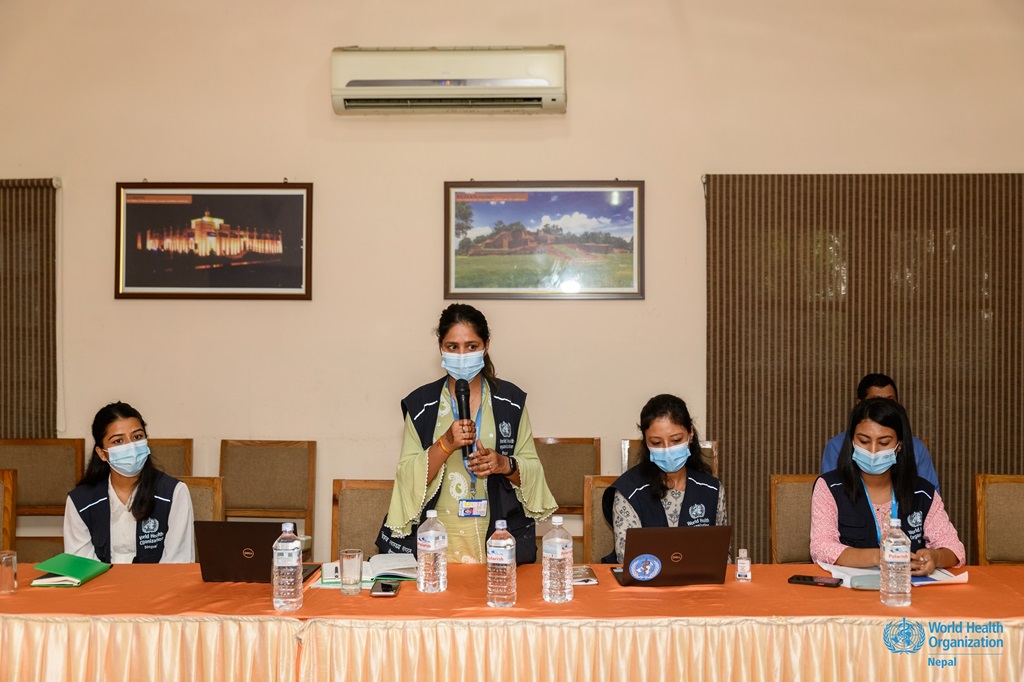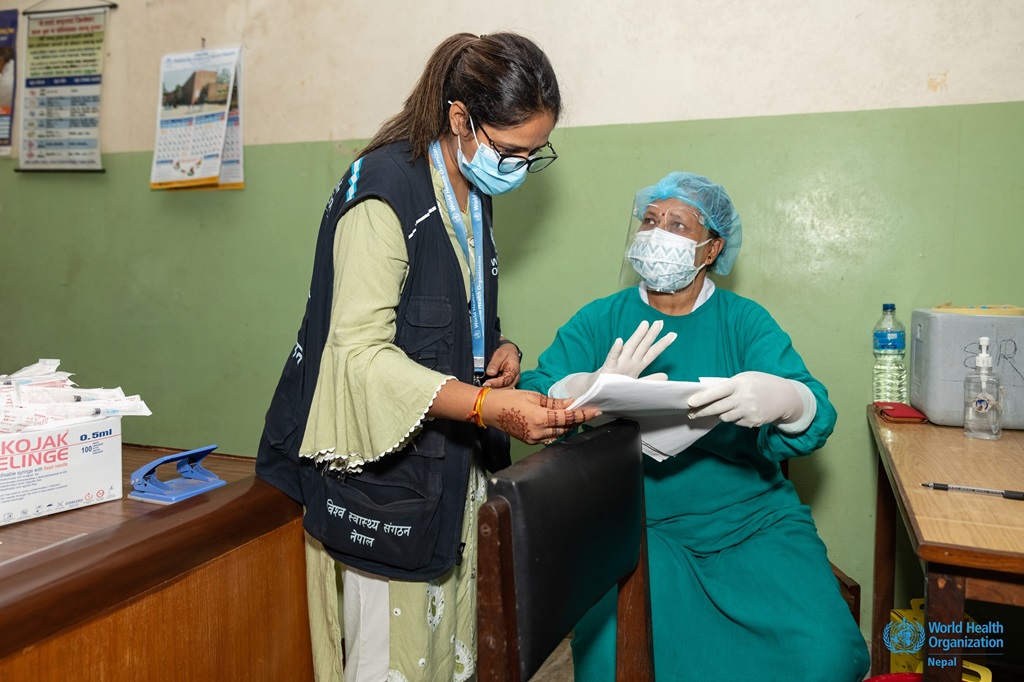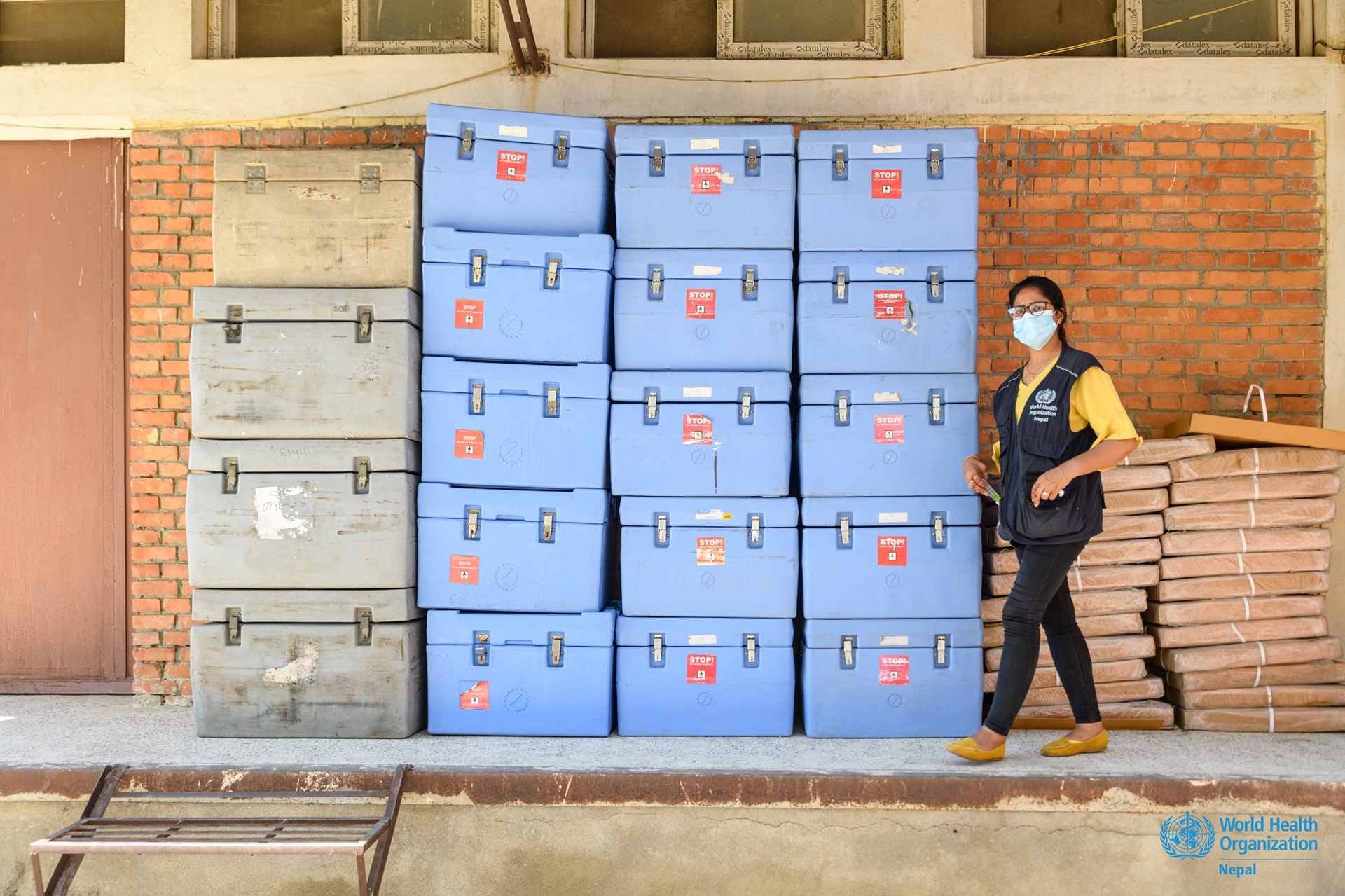
Prevention is Better than Cure
As a Surveillance Medical Officer, Dr. Shruti Nepal works closely with the communities in Lumbini Province where she is based. Her role is to support the Government of Nepal in ensuring its routine immunization programs are carried out successfully and that no child is left behind.
Dr. Shruti’s ability to speak Awadhi, one of the local languages, has helped her gain access to the communities and eased her advocacy efforts towards getting more parents to immunize their children.

Aside from the routine immunization programs, she has also been supporting the COVID-19 vaccination campaigns. She has been facilitating various training to health workers to make the campaigns more effective. These include training for trainers on COVID-19 vaccine introduction, microplanning vaccinator training, training to the medical doctor for adverse events of COVID-19 following immunizations, and orientations to female community health workers (FCHW) on COVID-19.

Dr. Shruti has also been working alongside the district health officers, local stakeholders, and ward representatives to address the issue of COVID-19 vaccine hesitancy.
Dr. Shruti, who has been with WHO, Country office for Nepal, for more than two years strives to ensure that no children are deprived of the regular vaccines. For this, she is planning to work with the local government and social activists.

Since the start of the pandemic, Dr. Shruti has been living separately from her family in order to minimize the risks of transmission as she has elderly parents and other family members with co-morbidities.
Dr. Shruti said: "Even though the pandemic forced me to stay away from my family, it has brought me closer to the communities where I work."
Dr. Shruti takes it as an honor to keep the communities healthy and safe during the pandemic.
